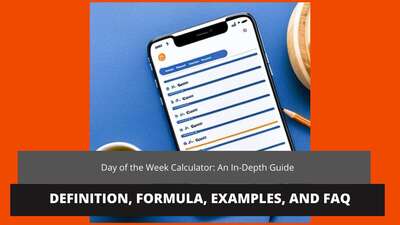Chronological Age Calculator
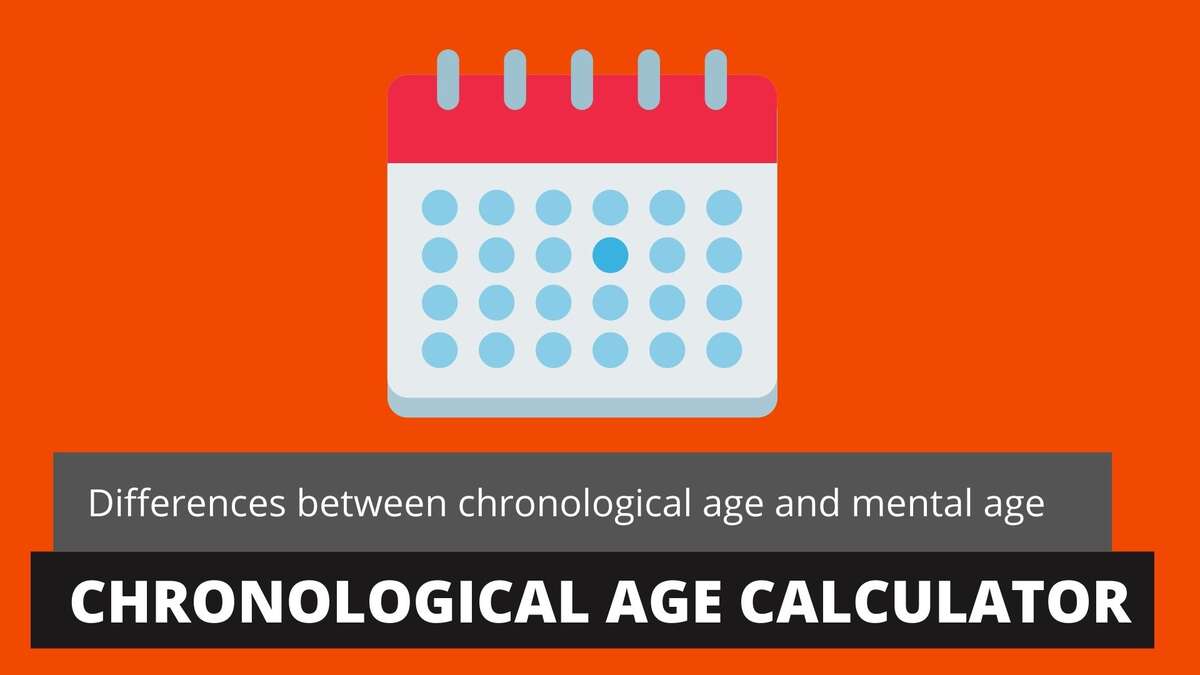
- Chronological Age Calculator: Understanding Your Chronological Age, Differences From Other Age Measures, and How to Calculate It
- What Is Chronological Age?
- Mental Age vs. Chronological Age
- Biological Age vs. Chronological Age
- Why Chronological Age Matters
- How to Calculate Chronological Age
- Using the Chronological Age Calculator
- Reasons to Use a Chronological Age Calculator
- Going Beyond Chronological Age
- Long-Term Benefits of Understanding Your Chronological Age
- Chronological Age – The Summary
Chronological Age Calculator: Understanding Your Chronological Age, Differences From Other Age Measures, and How to Calculate It
What is chronological age? Most of us think of age simply as the number of years we’ve lived. However, there are multiple ways to measure age, each offering a unique perspective on our personal development. Among these measures, chronological age is the most familiar and straightforward—it’s the number of years you’ve been alive since birth. But did you know that this is just one dimension of how we perceive and evaluate our growth?
In this comprehensive guide, we will:
- Define chronological age in clear terms
- Explain how chronological age differs from mental age and biological age
- Show you how to calculate chronological age easily
- Introduce you to the Chronological Age Calculator, a handy tool that saves you time and ensures accuracy
By the end of this article, you’ll understand why your chronological age is such a valuable piece of information, how it shapes your perspective on life, and why it’s useful to consider other forms of age measurement for a more holistic self-understanding. Whether you’re planning your future, curious about how old you really are in different contexts, or just want a quick way to know your exact age, this article has you covered.
What Is Chronological Age?
Chronological age represents the total count of years you’ve lived since your birth. It’s a simple calculation: current year minus your birth year.
For example, if you were born in 1990 and today’s year is 2023, your chronological age is 2023 - 1990 = 33 years. This number is often what we think of when asked, “How old are you?” It’s the standard measure used in everyday life—employers, schools, and government agencies all rely on chronological age to determine eligibility for services, rights, and responsibilities.
But chronological age is only one piece of the puzzle. Understanding alternative age concepts provides a richer view of human growth and development. Let’s compare your chronological age to other age measures, like mental and biological age, to see how they differ and why each can be useful.
Mental Age vs. Chronological Age
Your mental age isn’t tied to the calendar. Instead, it’s about cognitive and emotional development. While chronological age is determined by the date you were born, mental age is influenced by:
- Life experiences, including trauma and adversity
- Emotional intelligence and maturity
- Intellectual stimulation, education, and learning environment
Imagine you’re 30 years old (chronologically), but you’ve faced significant challenges early in life, developed deep emotional resilience, and acquired knowledge and wisdom beyond your years. You may feel “older” in terms of mental age. Conversely, someone who is 40 but carefree, highly creative, and still full of childlike wonder might feel “younger” mentally.
In short, your chronological age tells you how many years have passed since your birth, while your mental age provides insight into your psychological and emotional state, which may or may not align with that number.
Biological Age vs. Chronological Age
Biological age focuses on the physical aspect—your body’s condition and how well it’s aging. Factors influencing biological age include:
- Overall health and fitness levels
- Diet and nutrition
- Exercise habits and activity levels
- Genetics and hereditary conditions
- Lifestyle choices, such as sleep patterns and stress management
You might be chronologically 35, but if you maintain a balanced diet, exercise regularly, avoid harmful substances, and manage stress effectively, your body might resemble that of a 25-year-old biologically. Conversely, chronic illness, a sedentary lifestyle, and unhealthy habits could make your body function more like that of someone older than your chronological age.
This contrast highlights that while chronological age gives you a simple number, biological age gives you a deeper understanding of your physical health and how effectively you’ve cared for your body.
Why Chronological Age Matters
Although it’s the simplest form of age, chronological age is extremely important in numerous aspects of life. It determines when you’re eligible to start school, drive a car, vote, buy alcohol, retire, and receive social security benefits. Many legal frameworks, policies, and social structures revolve around chronological age.
From a personal standpoint, knowing your chronological age helps you set milestones and plan for the future. Whether you’re considering a career change, evaluating life goals, or reflecting on your achievements, having a clear understanding of your chronological age anchors your perspective in time. For health and financial planning, for instance, you might look at your chronological age to decide if it’s time to save more aggressively for retirement or get certain medical screenings recommended at specific age thresholds.
How to Calculate Chronological Age
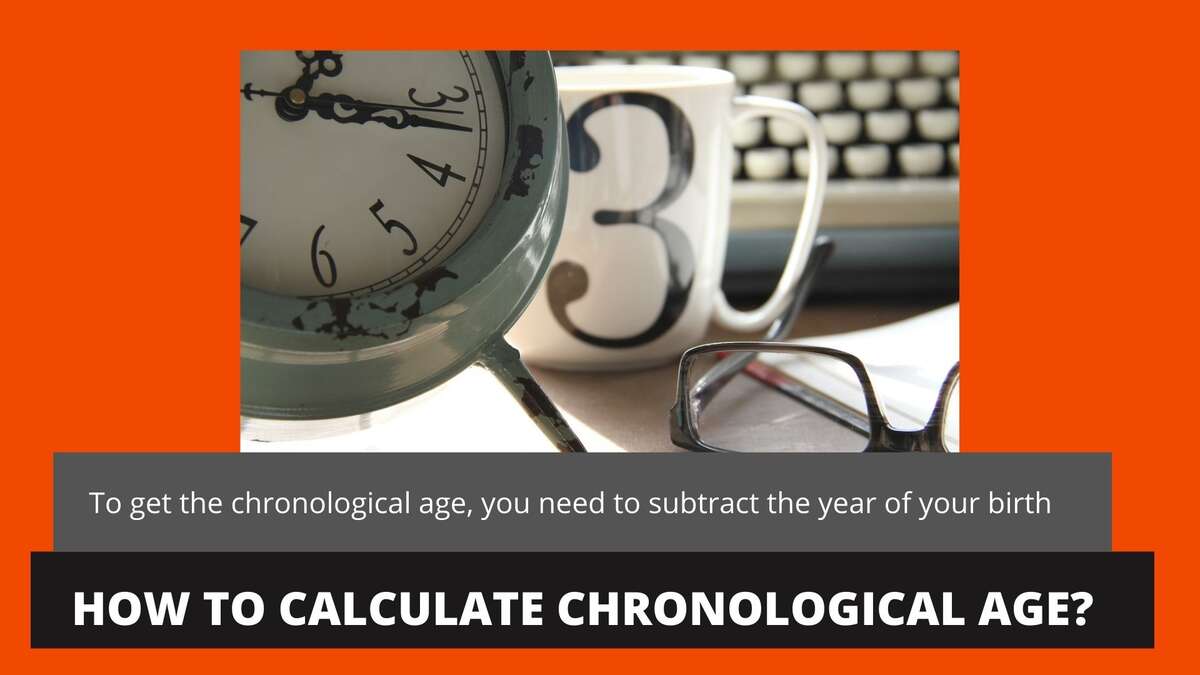
Calculating chronological age is one of the easiest math problems you’ll encounter:
- Identify the current year.
- Identify your birth year.
- Subtract your birth year from the current year.
For example, if it’s 2025 and you were born in 2000:
2025 - 2000 = 25
Your chronological age is 25.
This calculation works because chronological age doesn’t require the complexity of months and days if you’re only interested in the age in whole years. If you want more precision—like knowing your exact age in months and days—you can also factor in your birth date and the current date. However, the basic calculation is usually sufficient for most purposes.
Using the Chronological Age Calculator
While manual math is simple, sometimes you want a quick, error-free, and convenient solution. That’s where a Chronological Age Calculator comes in. This online tool allows you to instantly determine your age by simply entering your birth year. It automates the process and ensures accuracy every time.
How to use the Chronological Age Calculator?
- Enter your birth year. For example, 1995.
- Click the “Calculate” button.
- View your chronological age. If it’s 2021, you’ll get 26 years.
No arithmetic, no second-guessing, no mistakes. Just instant results. This tool is especially useful for those who need quick verification—like filling out forms, applying for age-specific programs, or tracking age-related milestones. It’s also great if you’re just curious, want a fast reference, or prefer not to do any math at all.
Reasons to Use a Chronological Age Calculator
Some scenarios where a Chronological Age Calculator can come in handy include:
- Healthcare Applications: Certain medical tests or screenings depend on age benchmarks. A quick calculation ensures you’re on time.
- Educational Eligibility: School admissions, summer camps, or study programs often have age requirements. Verify your eligibility instantly.
- Financial and Retirement Planning: Retirement accounts, pension plans, and senior discounts often start at a specific age. Confirm when you’ll qualify.
- Personal Milestones: Want to know how old you’ll be on a future date or just before a big event? The calculator gives immediate answers.
In essence, a Chronological Age Calculator saves time, reduces the chance of human error, and provides a convenient way to track one of life’s most essential data points—your age.
Going Beyond Chronological Age
Once you’ve mastered the concept of chronological age, you might be interested in exploring other age-related concepts. Each offers a unique lens through which you can understand yourself:
- Korean Age Calculator – Learn how age is counted differently in Korean culture. Instead of starting at zero, you’re considered 1 at birth, and everyone gets a year older on New Year’s Day.
- How Old Am I in Seconds? – Ever wondered exactly how many seconds you’ve been alive? This calculator dives into more precise measurements.
- Birthday Countdown – Get excited about your next birthday by counting down the days, hours, and minutes until your special day arrives.
- Birthday Calculator – Gain insights into your birth date, including the day of the week you were born, zodiac signs, and upcoming milestone birthdays.
Exploring these tools broadens your understanding of age and how we perceive it. Instead of seeing age as just a single number, you’ll recognize it as a multifaceted concept with cultural, psychological, and biological dimensions.
Long-Term Benefits of Understanding Your Chronological Age
Knowing your chronological age and how to calculate it is a practical skill. It not only helps you meet legal requirements or determine eligibility for certain programs, but it also aids in long-term planning. When you have a clear sense of your age in relation to your goals, it becomes easier to:
- Set Long-Term Objectives: Whether it’s saving for retirement, planning a career switch, or deciding when to start a family, chronological age gives you a timeline.
- Maintain Health Screenings: Regular check-ups and screenings often start at certain ages. Knowing your chronological age ensures you don’t miss crucial health milestones.
- Evaluate Life Stages: Midlife, early adulthood, and senior years each have unique opportunities and challenges. Understanding where you stand helps you prepare for them.
- Mark Personal Achievements: Reflecting on what you’ve accomplished by certain ages can motivate you to pursue new goals or appreciate how far you’ve come.
In this way, chronological age serves as a foundational metric that underpins various aspects of personal development, societal participation, and personal identity.
Chronological Age – The Summary
At its core, chronological age is the simplest measure of how long you’ve lived. It’s easy to calculate, widely used, and incredibly useful in guiding life decisions, meeting legal requirements, and understanding where you fit in the social fabric.
Yet, as we’ve explored, there’s more to “age” than just a number. Mental age reveals psychological maturity and perspective. Biological age reflects your physical condition. Together, they provide a more complete picture of who you are and how you’re progressing through life.
If you want a quick and hassle-free way to determine your current age, the Chronological Age Calculator is at your disposal. With just a birth year and a click, you’ll know exactly how old you are—no arithmetic required. And if you’re curious about other ways of measuring age, from Korean age calculations to age in seconds, there are tools and resources to satisfy your curiosity.
Armed with this knowledge, you can better plan for the future, celebrate your past, and appreciate your present. After all, understanding your chronological age is the first step in making sense of the timeline of your life.
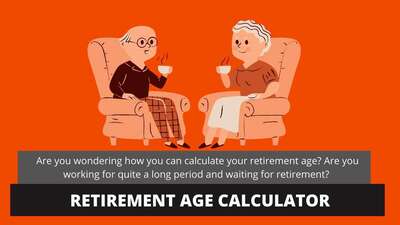
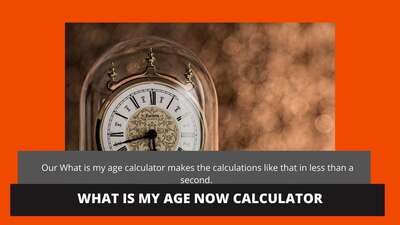
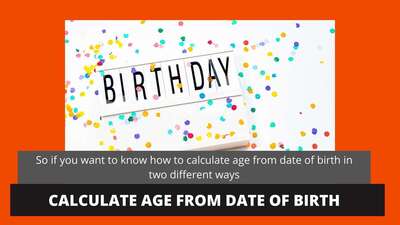
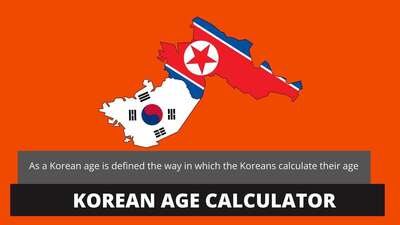
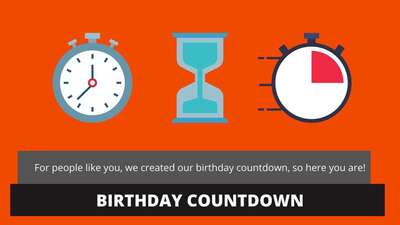



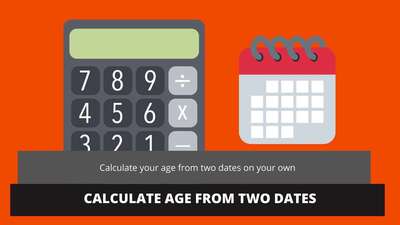
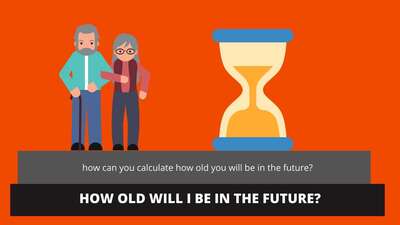
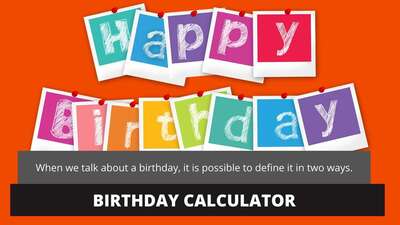
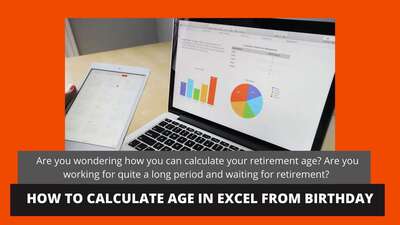
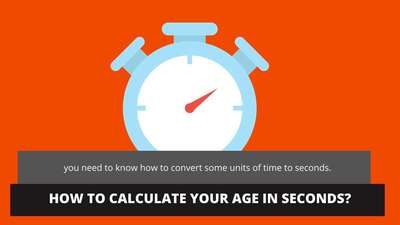
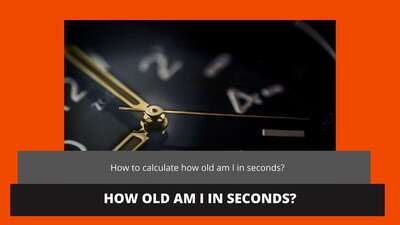
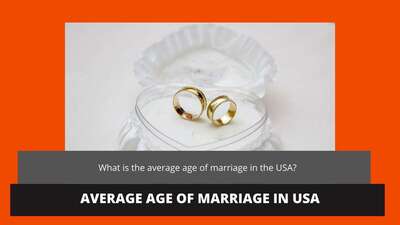

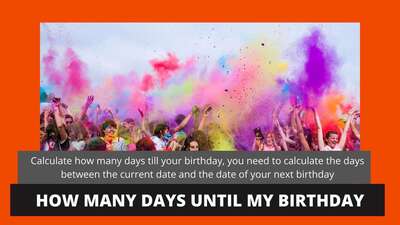

![How Old Am I if I Was Born in [Year] | Simple Formula & Tips](/images/page/400/how-to-calculate-your-age-based-on-your-birth-year-20.jpg)

